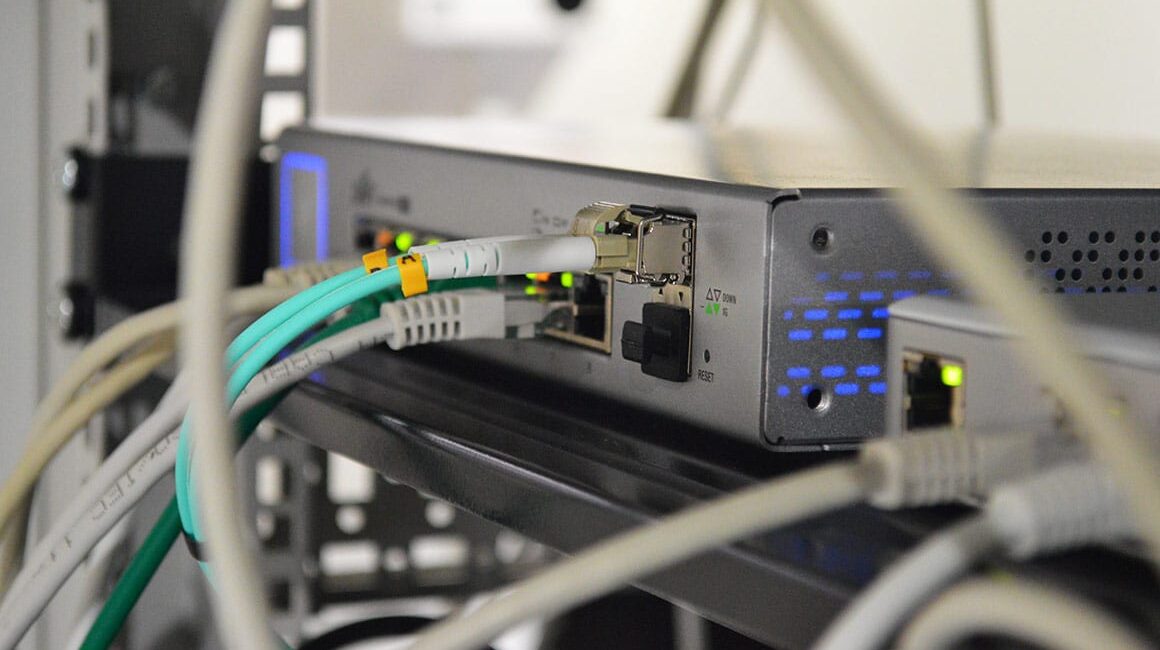In today’s fast-paced digital world, small businesses need strong IT solutions to stay competitive and secure. Having the right IT setup can make your business more efficient, streamline operations, and protect against cyber threats. This guide looks at the best IT solutions for small businesses, answering key questions and offering practical tips.
Introduction
Small businesses face unique IT challenges, from limited budgets to the need for flexible solutions. Investing in IT solutions offers several benefits. Automating routine tasks saves time and reduces errors, which improves efficiency. Enhanced security measures protect sensitive data from cyber threats. Scalable solutions support business growth without huge costs, and better customer service tools enable faster and more effective communication with customers. Additionally, effective business operation through IT solutions helps streamline processes and ensure smooth workflow.
Why Small Businesses Need IT Solutions
Investing in IT solutions is vital for small businesses. Improved efficiency through automation of routine tasks can save time and minimize human error. Enhanced security measures protect sensitive data from cyber threats, ensuring the safety of both business and customer information. Scalability allows businesses to grow without significant additional costs, providing the flexibility needed to adapt to changing demands. Better customer service is facilitated by faster and more effective communication tools, leading to improved customer satisfaction and loyalty. Moreover, reliable desk support ensures that technical issues are quickly resolved, minimizing downtime and maintaining productivity.
Key IT Solutions for Small Businesses
Cloud Services
Cloud services offer flexibility, cost savings, and remote access. These services allow businesses to store data, use software as a service (SaaS), and have disaster recovery plans. Popular providers like Amazon Web Services (AWS), Microsoft Azure, and Google Cloud offer solutions that can grow with your business. These solutions for small businesses are particularly beneficial as they provide scalable resources on demand.
Cybersecurity Services
Cybersecurity is essential for protecting against data breaches, ransomware, and phishing attacks. Important components of a good cybersecurity plan include firewalls, antivirus software, encryption, and secure access controls. Trusted providers like Vipre Anti-Virus, Malwarebytes, and Webroot offer comprehensive solutions to keep your business data safe. Investing in robust cybersecurity services can protect your business from significant financial and reputational damage.
VoIP and Unified Communications
VoIP and unified communications provide cost-effective ways to enhance collaboration. These systems include voice calls, video conferencing, messaging, and file sharing. Top providers such as RingCentral, Nextiva, and Zoom offer reliable options to meet your business needs. These tools help improve communication within the team and with clients, supporting efficient business operations.
Business Continuity and Backup Solutions
Business continuity and backup solutions make sure data is available during disasters or outages. Key components include automated backups, disaster recovery plans, and redundant systems. Providers like Carbonite, Idrive, and Backblaze offer reliable solutions to keep your business running smoothly even in the face of unexpected disruptions. Ensuring business continuity is crucial for maintaining operations during unforeseen events.
IT Support and Managed Services
IT support and managed services provide ongoing maintenance, troubleshooting, and support. These services free up internal resources, offer expert help, and reduce downtime. Providers such as Cox Business, ADP, and local IT support firms offer tailored solutions to meet the specific needs of small businesses. Effective desk support is critical in resolving technical issues promptly, ensuring minimal disruption to business operations.
Accounting and Payroll Software
Accounting and payroll software streamline financial management and compliance. These solutions offer features like invoicing, expense tracking, payroll processing, and tax filing. Popular choices include QuickBooks, Sage, and Xero, which provide user-friendly and scalable options for small businesses. These tools help small businesses manage their finances efficiently, ensuring accurate and timely financial reporting.
FAQs on Small Business IT Solutions
Implementing IT Solutions: Steps for Success
- Assess Your Needs
Identify gaps in your current IT setup. Determine what solutions are needed to address these gaps and support your business goals. Understanding your specific needs will help in selecting the right solutions for small businesses. - Research Providers
Compare features, pricing, and reviews of various IT solution providers. Choose providers that offer scalable and reliable solutions tailored to small businesses. Evaluating multiple providers ensures that you select the best fit for your business operation. - Create a Plan
Develop a roadmap for implementation. This plan should include timelines, budgets, and specific goals for each IT solution. A well-structured plan helps in the smooth implementation of IT solutions, ensuring minimal disruption to business operations. - Train Staff
Ensure employees are proficient with new tools. Provide training sessions and resources to help staff adapt to new systems and processes. Proper training ensures that employees can effectively use the new IT solutions, enhancing productivity. - Monitor and Adjust
Continuously evaluate the performance of your IT solutions. Make necessary adjustments to optimize efficiency and address any emerging issues. Regular monitoring ensures that the IT solutions continue to meet the evolving needs of the business.
Conclusion
Investing in the right IT solutions is crucial for small business success. From cloud services to cybersecurity, these tools not only enhance efficiency but also safeguard against potential threats. By carefully assessing needs and choosing the right providers, small businesses can leverage technology to drive growth and innovation. Implementing these solutions ensures smooth business operations and provides the foundation for future growth. Connect with TechNuts today for a free estimate and discover how our tailored IT solutions can empower your business to reach new heights.






